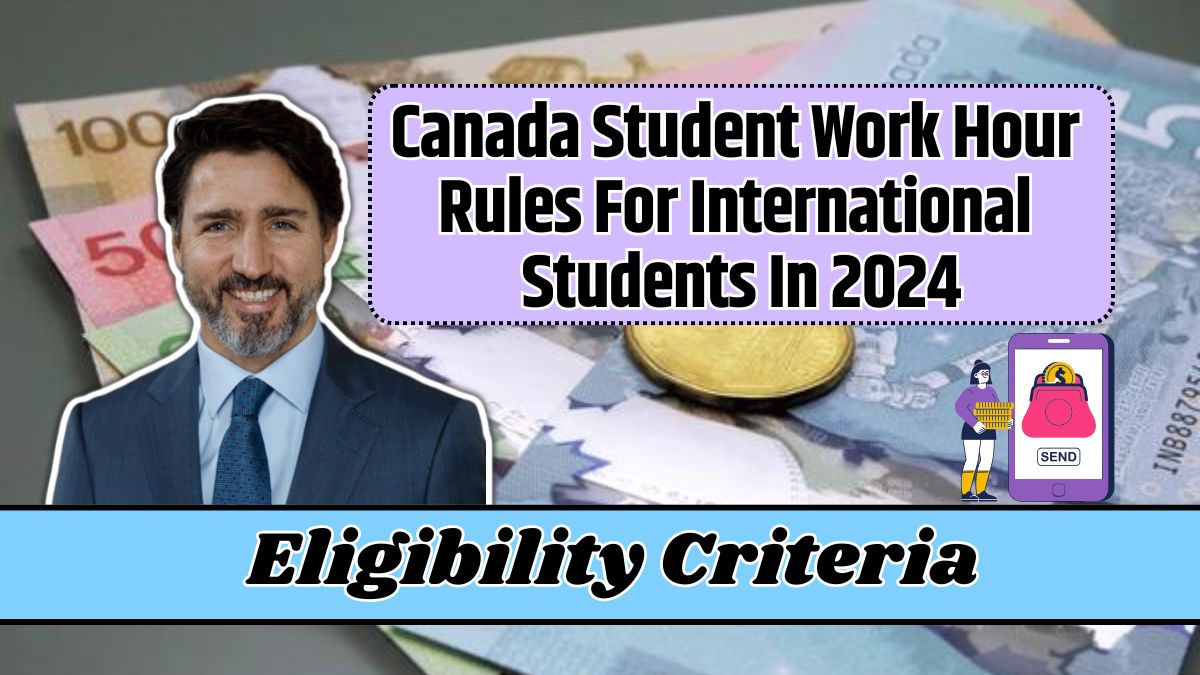In November 2024, Canada implemented major changes to its work visa policies, significantly affecting the Temporary Foreign Worker (TFW) Program and Post-Graduation Work Permit (PGWP) Program. These updates aim to safeguard the local labor market while streamlining processes for foreign workers and international students.
Indian immigrants, a significant portion of Canada’s foreign talent pool, need to understand these adjustments to maximize opportunities and navigate the new landscape effectively.
Key Changes to Work Visa Rules
Wage Threshold Increase for TFW Program
To ensure fair compensation and protect Canadian workers, Canada raised the minimum wage for the TFW High-Wage Stream to 20% above the median wage of each province or territory.
For example, if the median hourly wage in Ontario is CAD 22, employers hiring under this stream must offer at least CAD 26.40 per hour.
Implications:
- For Employers: They must provide competitive wages, prioritizing Canadian talent.
- For Foreign Workers: The higher wage ensures better pay and protects against exploitation.
Stricter Employer Verification
Employers seeking to hire foreign workers must now verify their legitimacy directly with provincial or territorial authorities, replacing the prior system of third-party attestations from lawyers or accountants.
Benefits:
- Reduces fraud by ensuring only legitimate businesses hire foreign workers.
- Simplifies compliance through direct government records.
Updates to PGWP Program
The Post-Graduation Work Permit (PGWP) Program is crucial for international students transitioning to Canadian work experience. Recent changes include:
- Language Proficiency Requirements: Applicants must meet English or French benchmarks in reading, writing, speaking, and listening.
- Field of Study Restrictions: PGWP eligibility now favors programs aligned with Canada’s labor market needs, such as:
- Healthcare
- STEM (Science, Technology, Engineering, Math)
- Trades
- Transportation and Agriculture
These updates encourage students to pursue fields that address skill shortages in Canada.
Purpose Behind the Changes
Canada’s adjustments focus on three primary goals:
- Ensuring Fair Wages: Protect Canadian workers and attract highly skilled talent.
- Improving Employer Accountability: Strengthen hiring processes to prioritize legitimate businesses.
- Aligning Immigration with Labor Needs: Build a skilled workforce in critical sectors to sustain economic growth.
Impact on Indian Immigrants
Indian immigrants form a significant portion of Canada’s international student and skilled worker population. Here’s how these changes affect them:
For Skilled Workers
- Higher Wages: Indian professionals will benefit from better compensation under the TFW Program.
- Employer Compliance: Potential workers must verify that their employer meets the stricter business legitimacy standards.
For International Students
- Program Selection: Choosing fields like healthcare, STEM, or trades improves PGWP eligibility and career prospects.
- Language Preparation: Strong English or French skills are now essential for successful PGWP applications.
Opportunities and Challenges
While the changes bring more transparency and fairness, they also add layers of compliance for workers and employers. For Indian nationals, preparation and awareness are key to leveraging these opportunities.
Step-by-Step Guide to Navigating the New Rules
For Skilled Workers:
- Review Wage Requirements: Ensure your job offer meets updated wage thresholds using resources like the Job Bank Wage Reports.
- Check Employer Compliance: Confirm your employer’s legitimacy under provincial or territorial regulations.
For International Students:
- Choose High-Demand Programs: Enroll in fields such as healthcare, STEM, or trades to increase PGWP eligibility.
- Prepare for Language Proficiency Tests: Start early with English (IELTS/TOEFL) or French language preparation to meet the new benchmarks.
For Employers:
- Update Compliance Processes: Align hiring practices with provincial or territorial business verification rules.
- Offer Competitive Wages: Ensure salaries meet the increased thresholds to attract talent.
Why These Changes Matter
Canada’s updated policies aim to balance labor market demands with fair immigration practices. For prospective immigrants, the new rules create opportunities for meaningful careers while ensuring their skills align with Canada’s economic needs.
Practical Advice:
- Stay Updated: Monitor Canada’s Immigration and Citizenship website for further changes.
- Be Proactive: Plan your career and education choices to align with the updated requirements.
By understanding these shifts, Indian immigrants and international students can position themselves for success in Canada’s evolving job market.
















